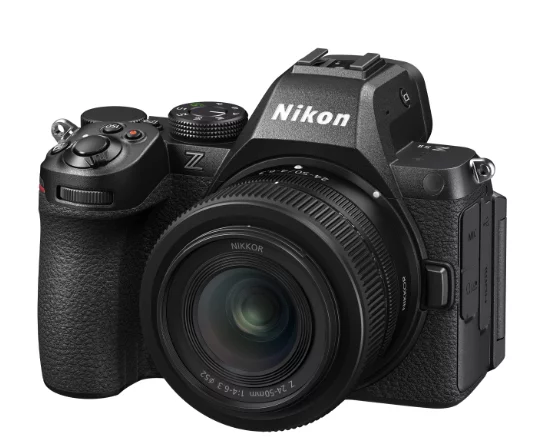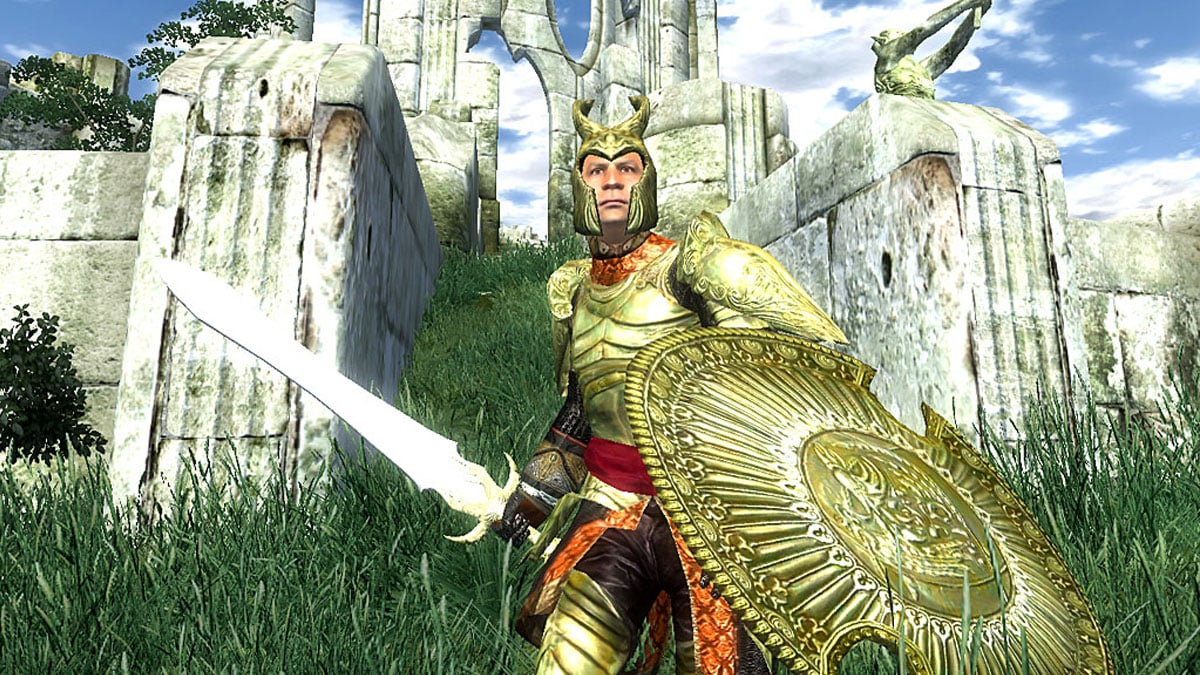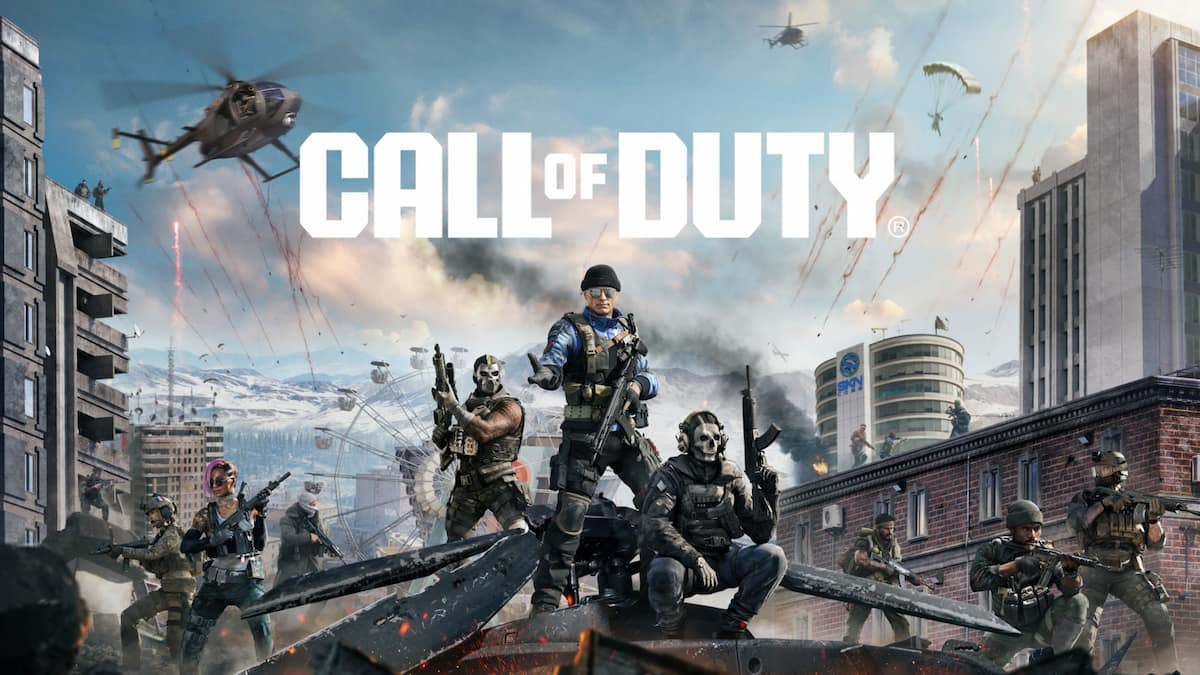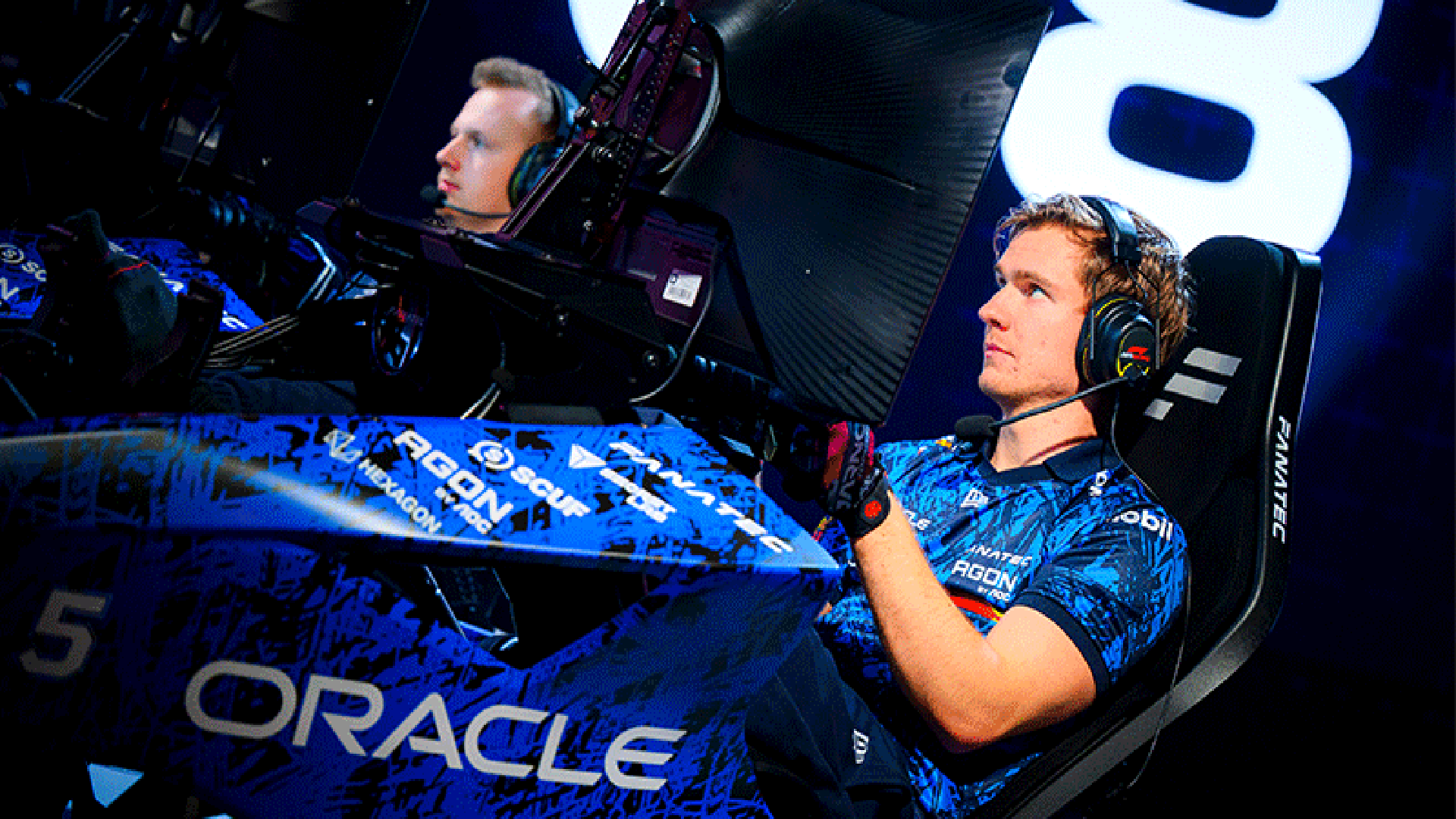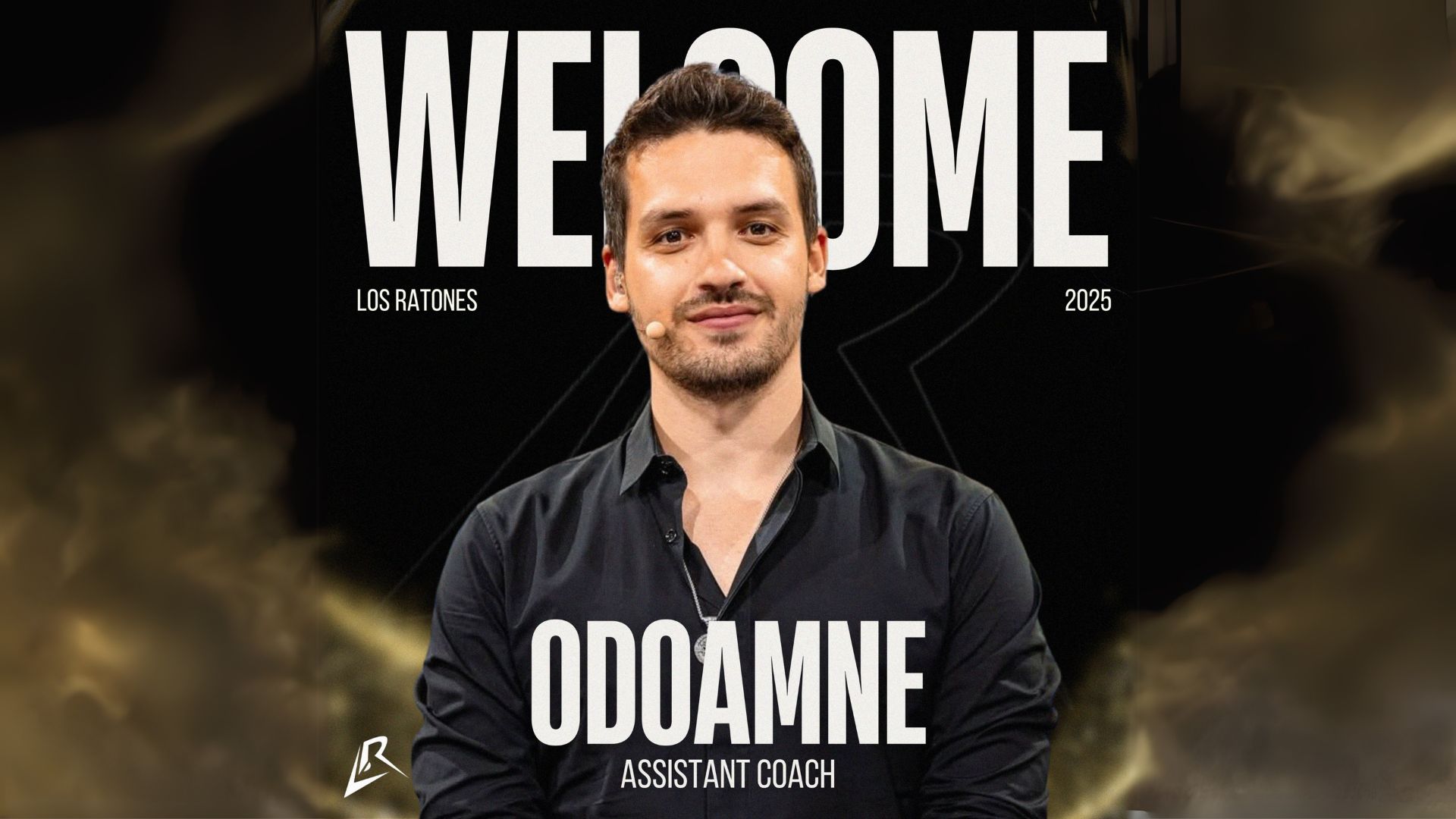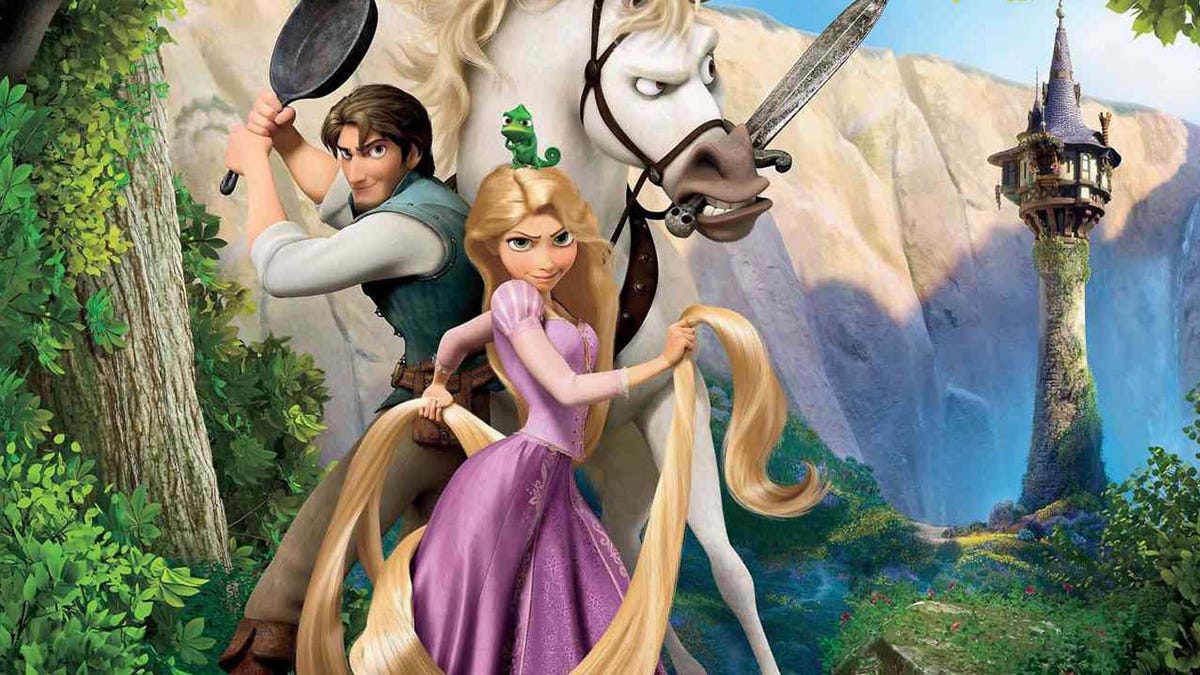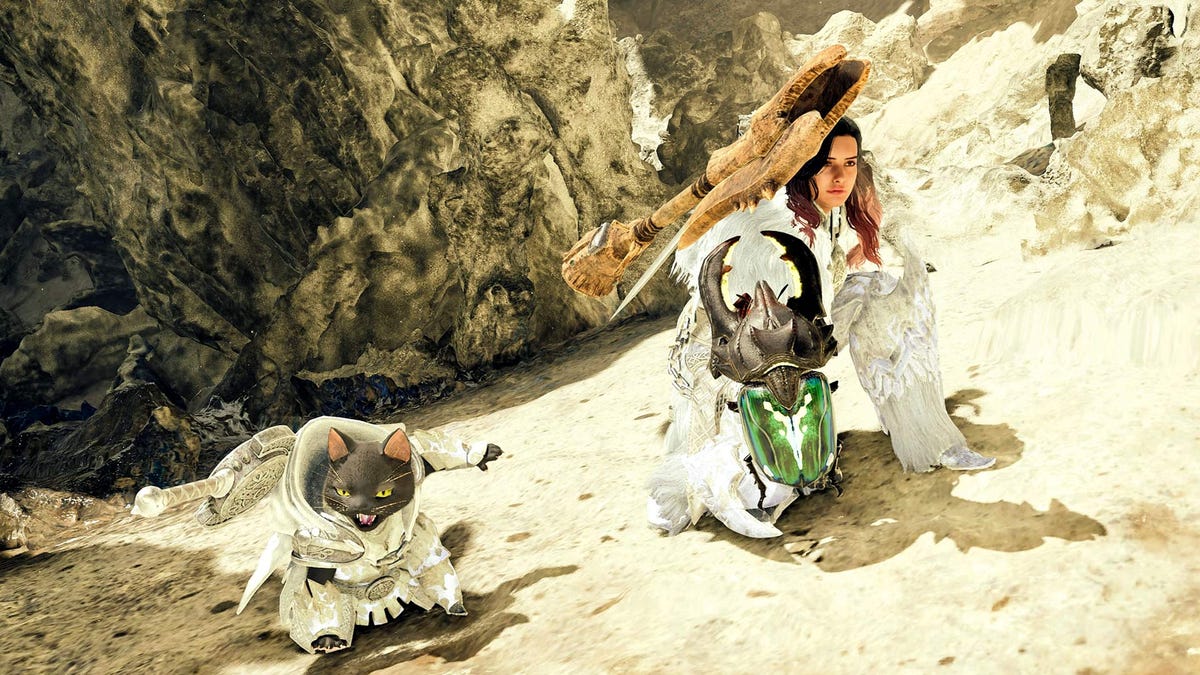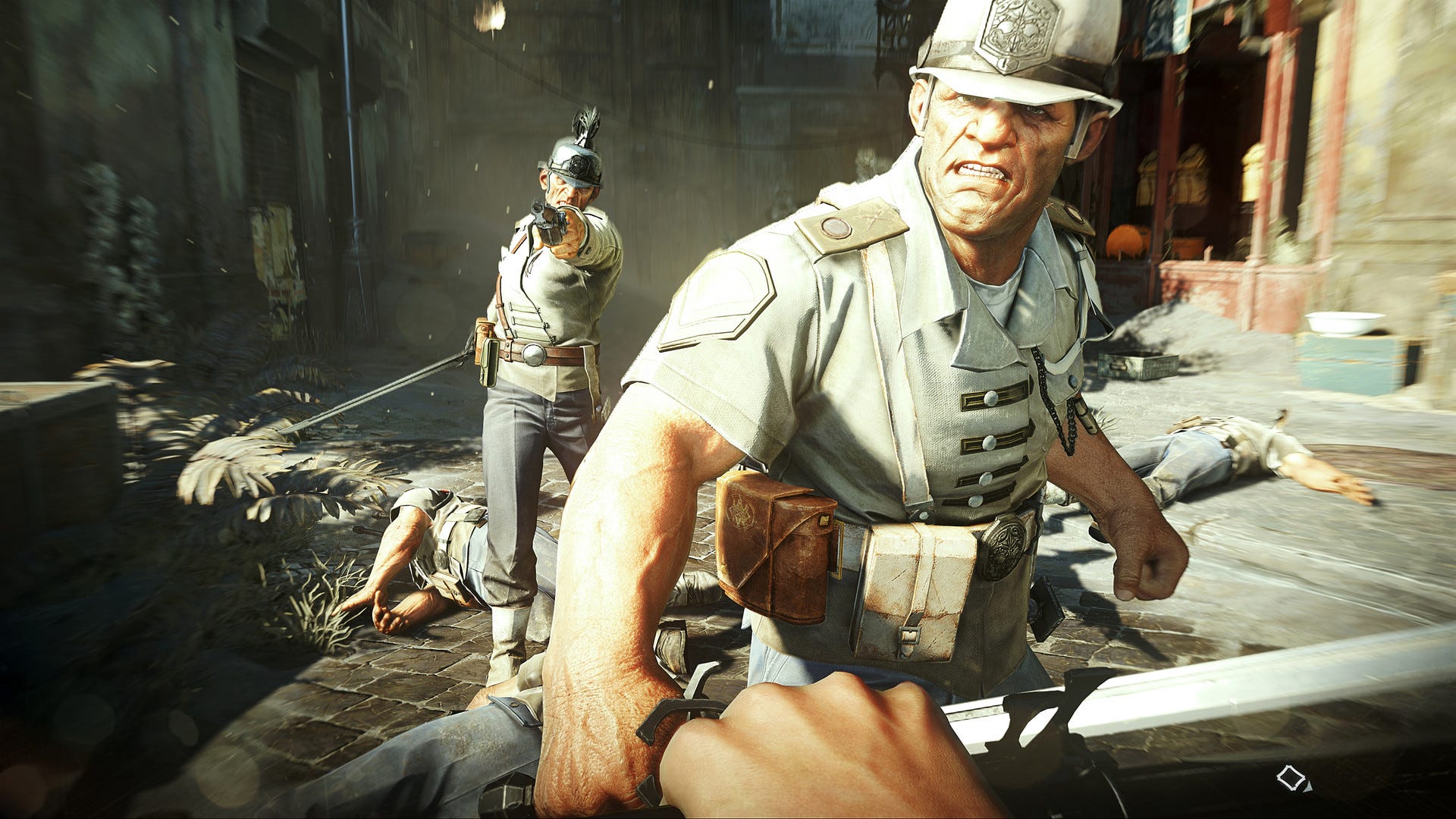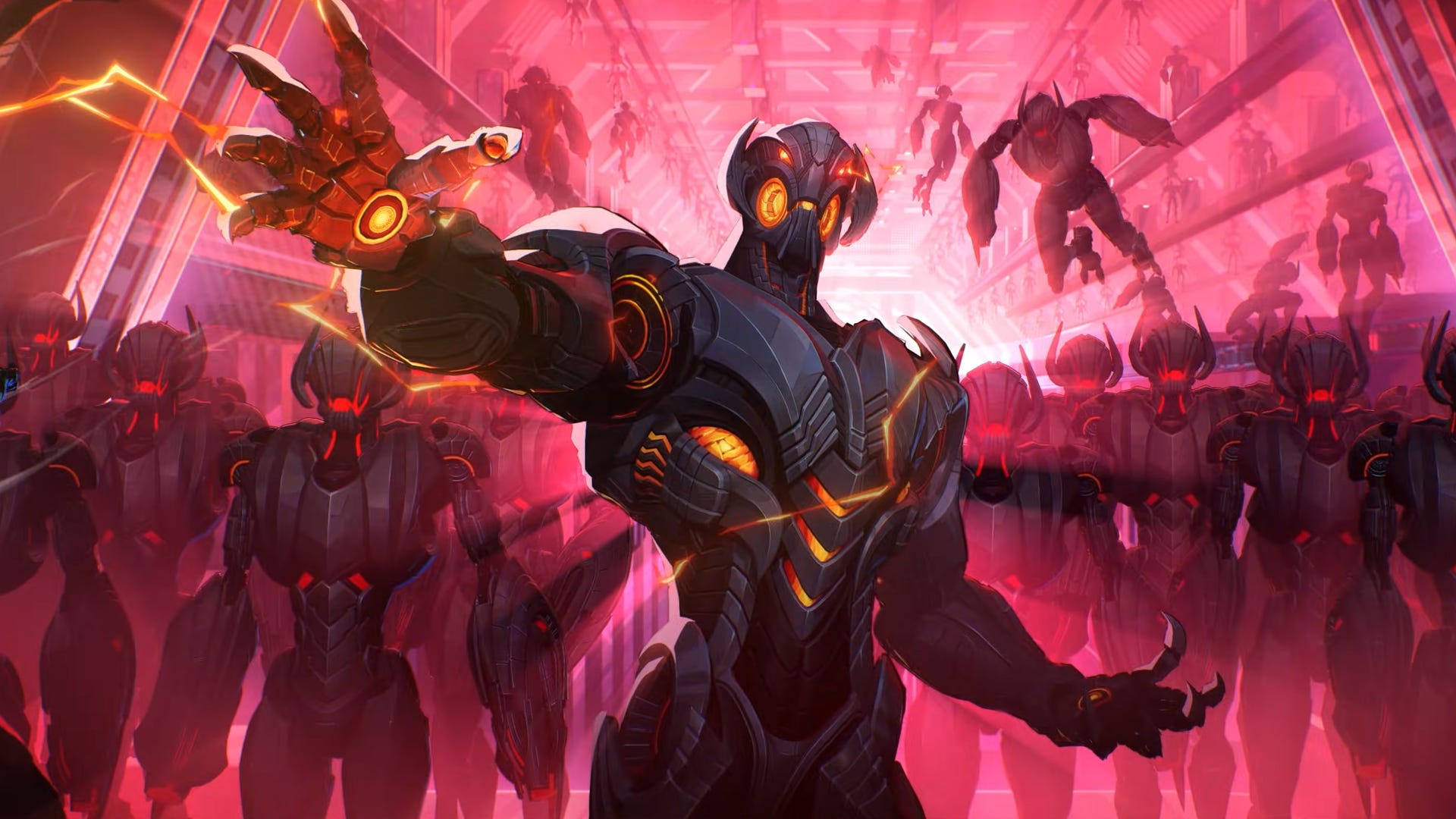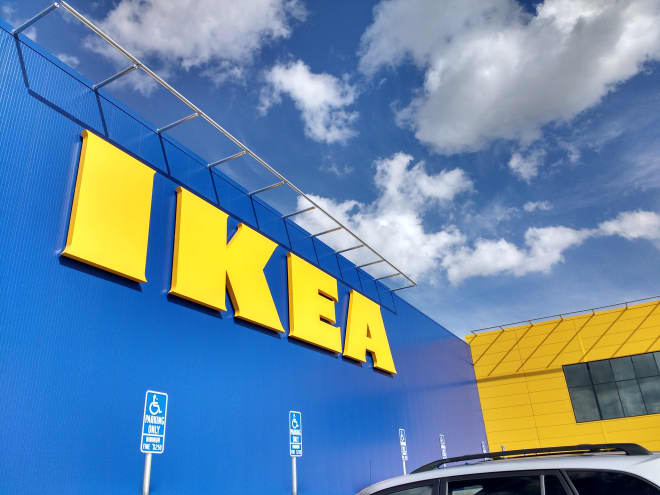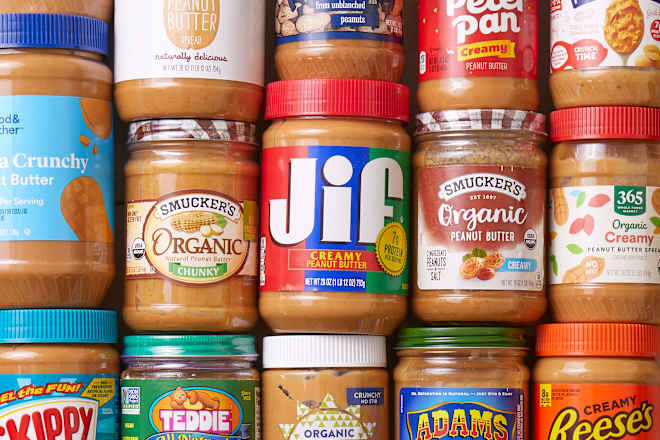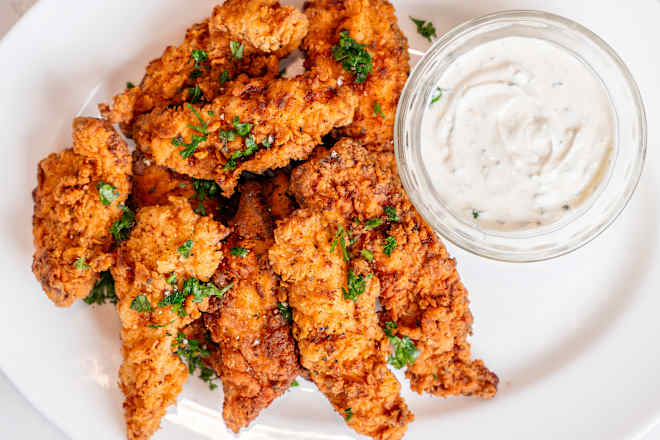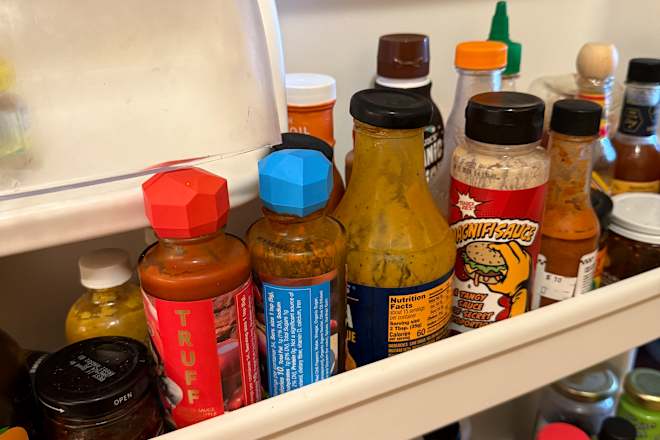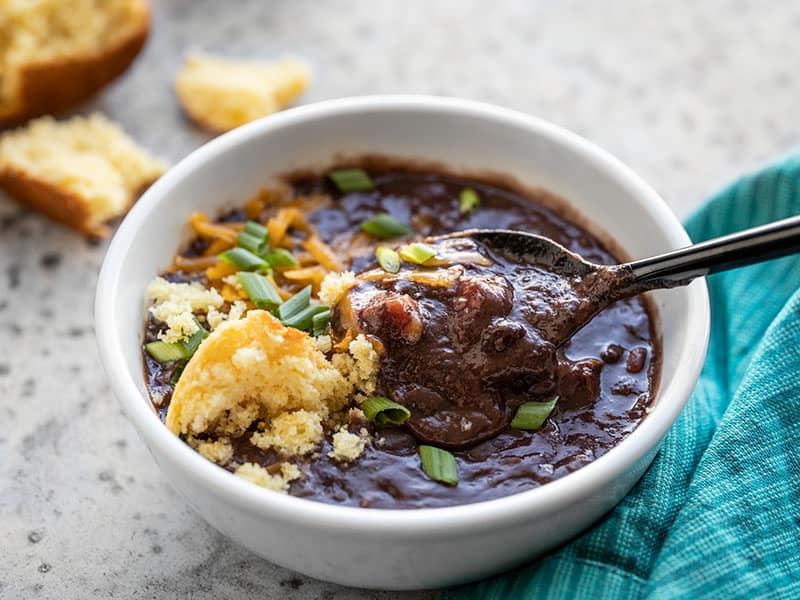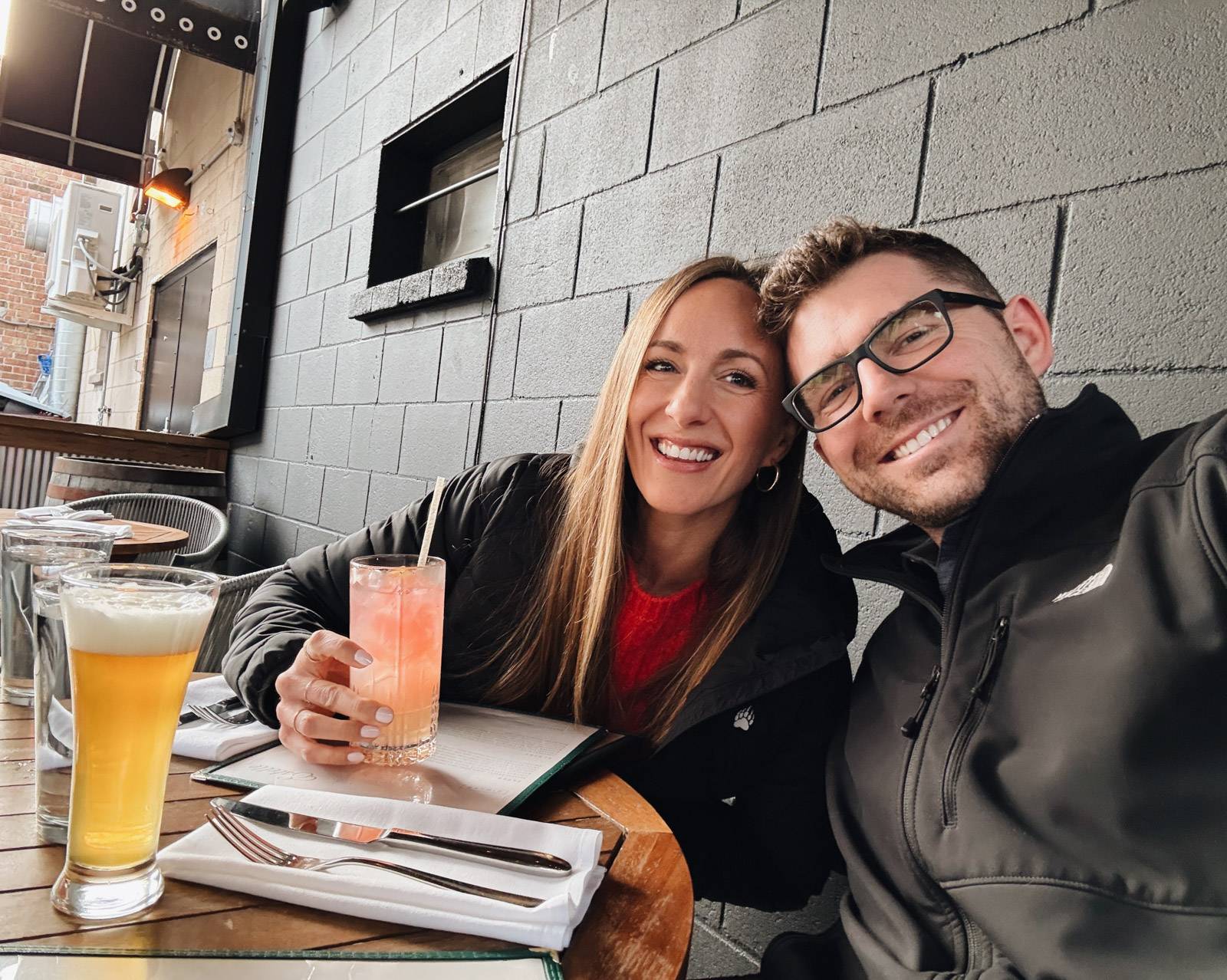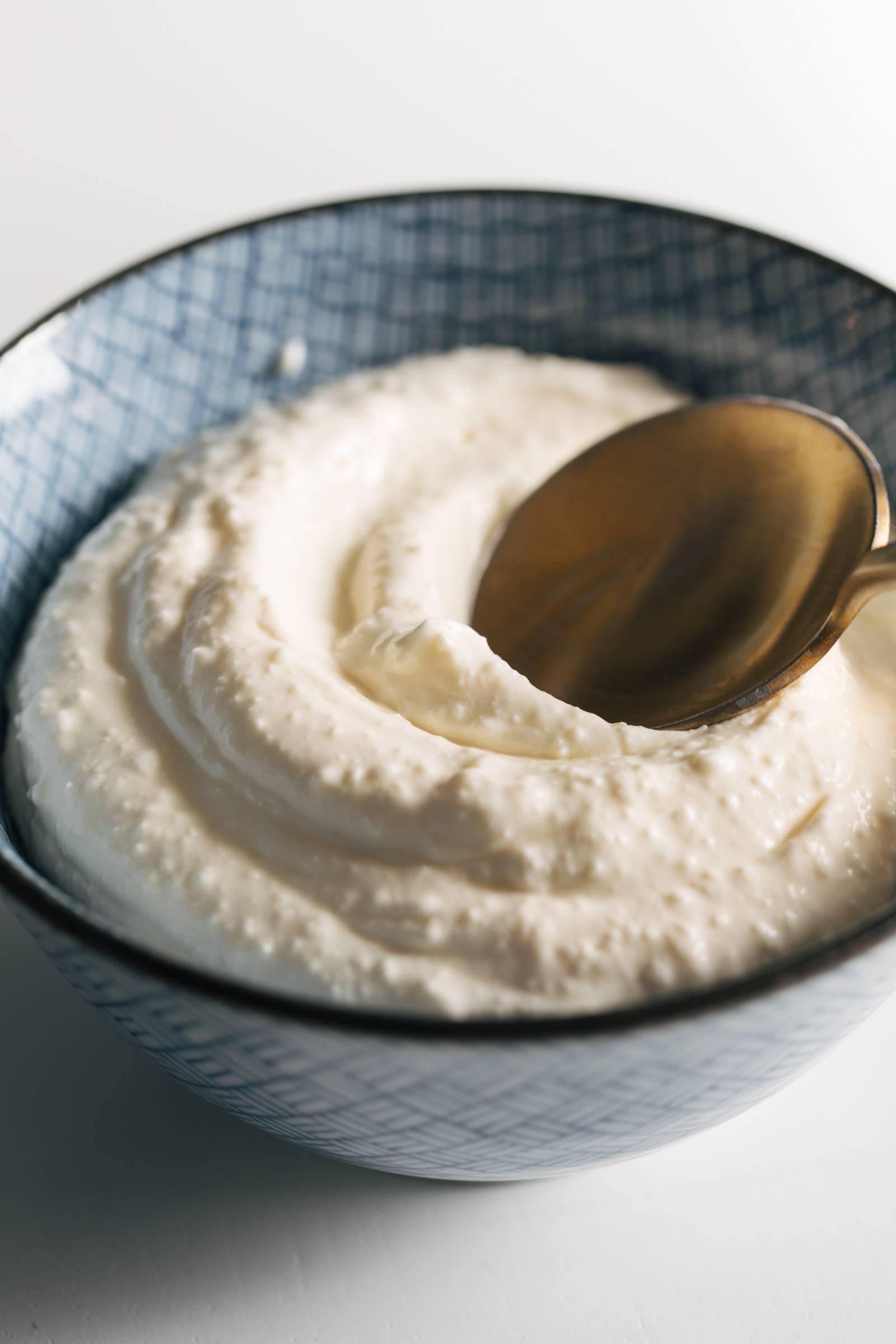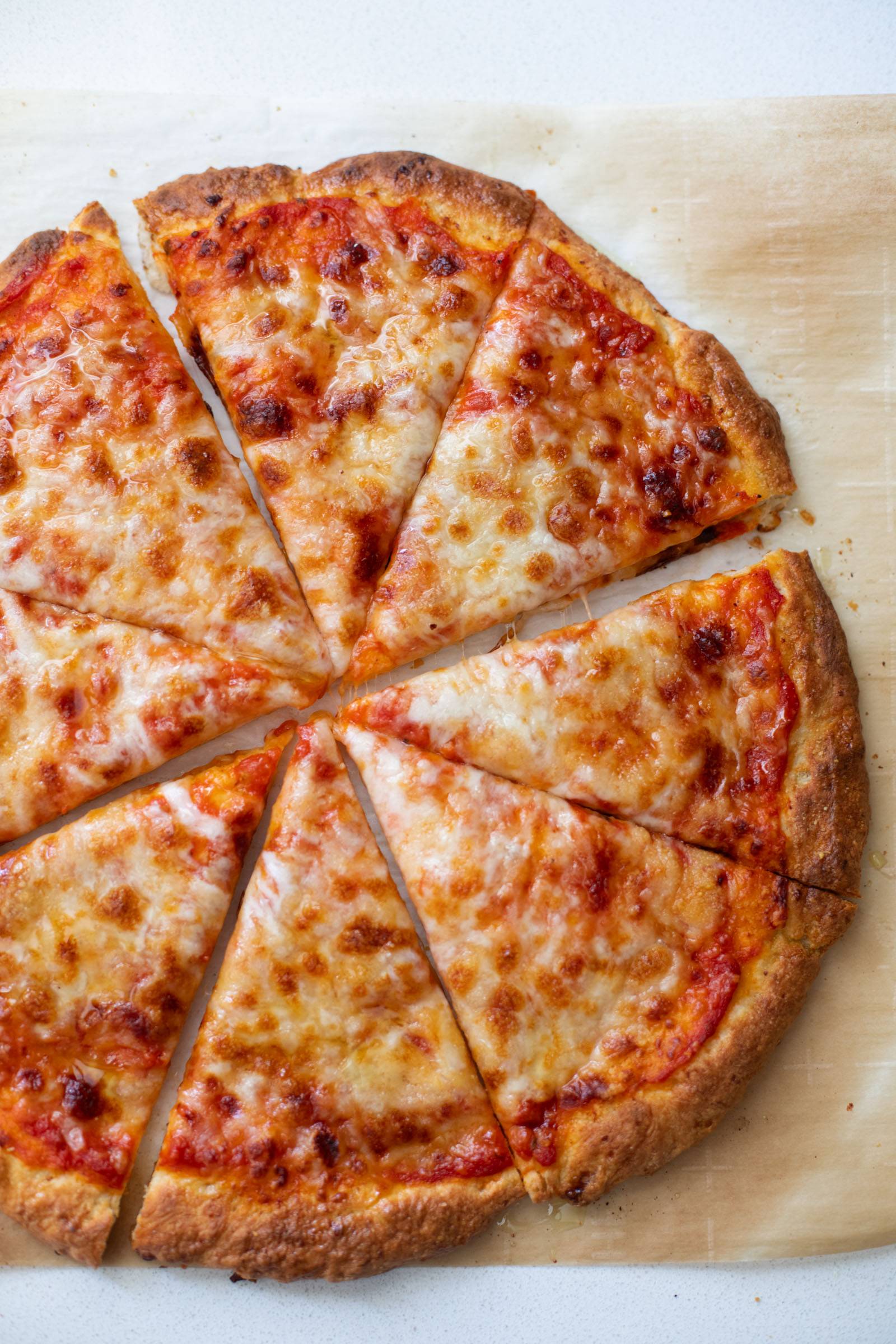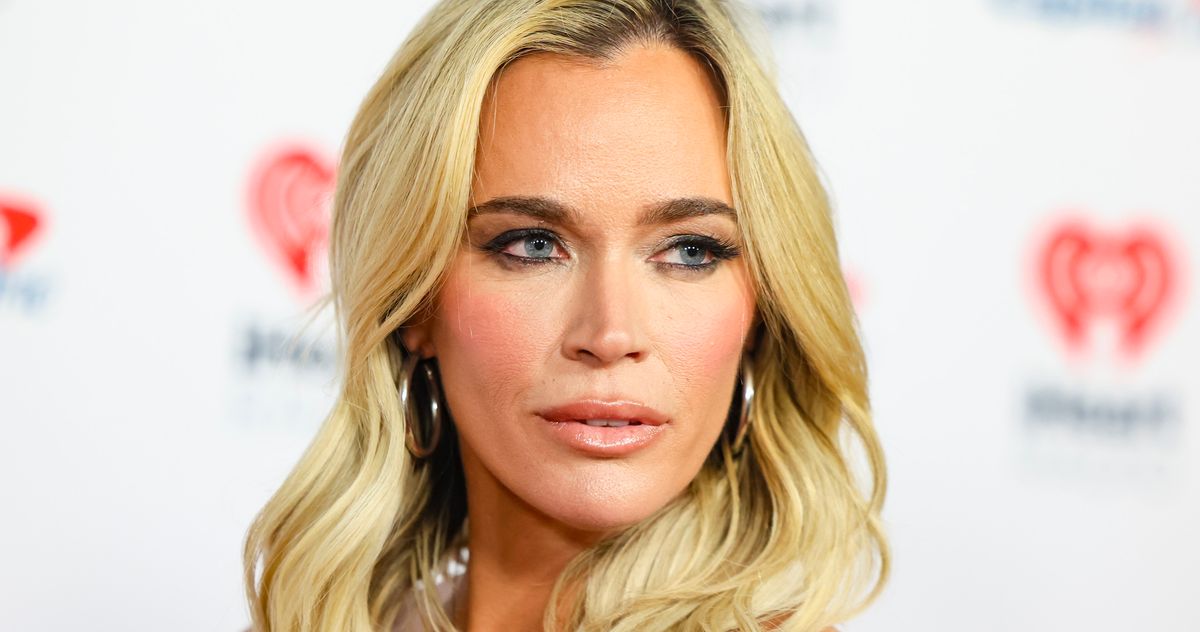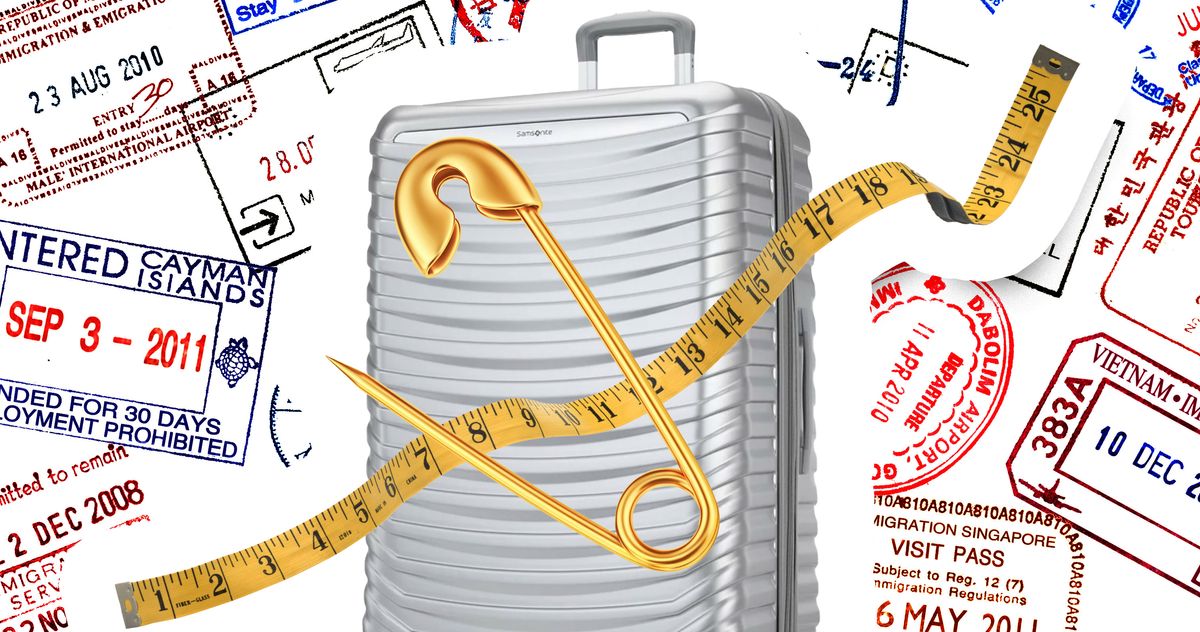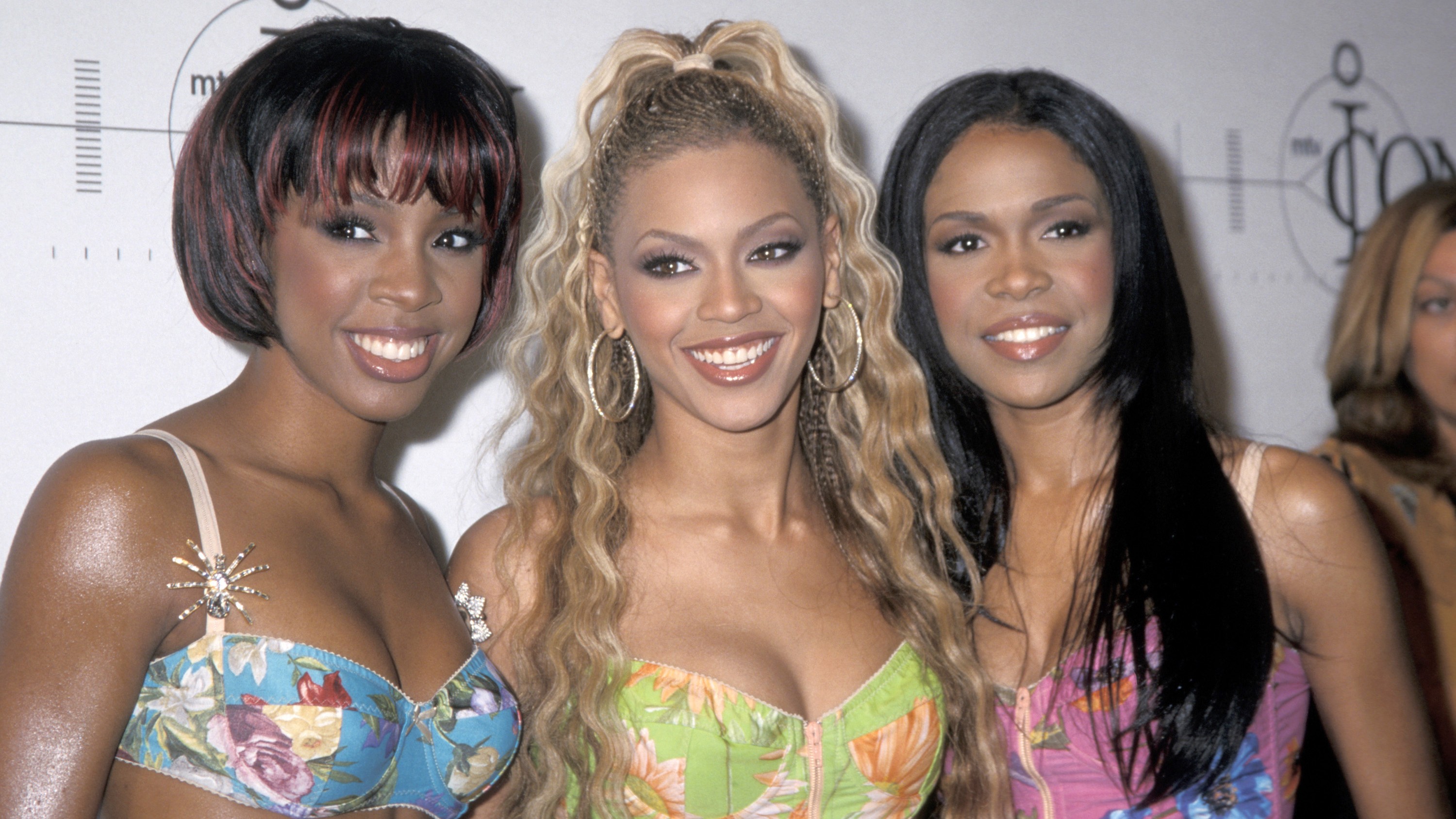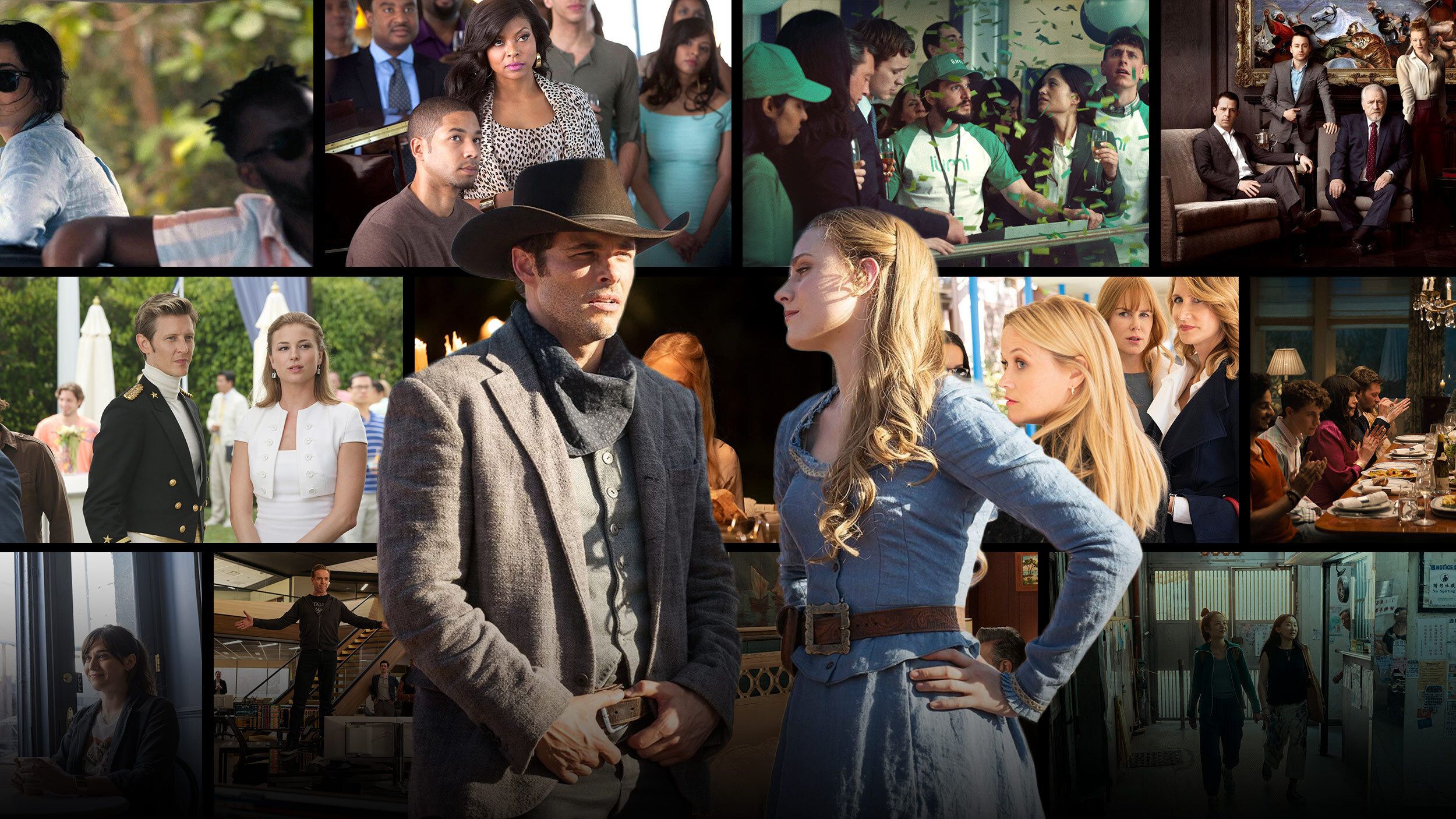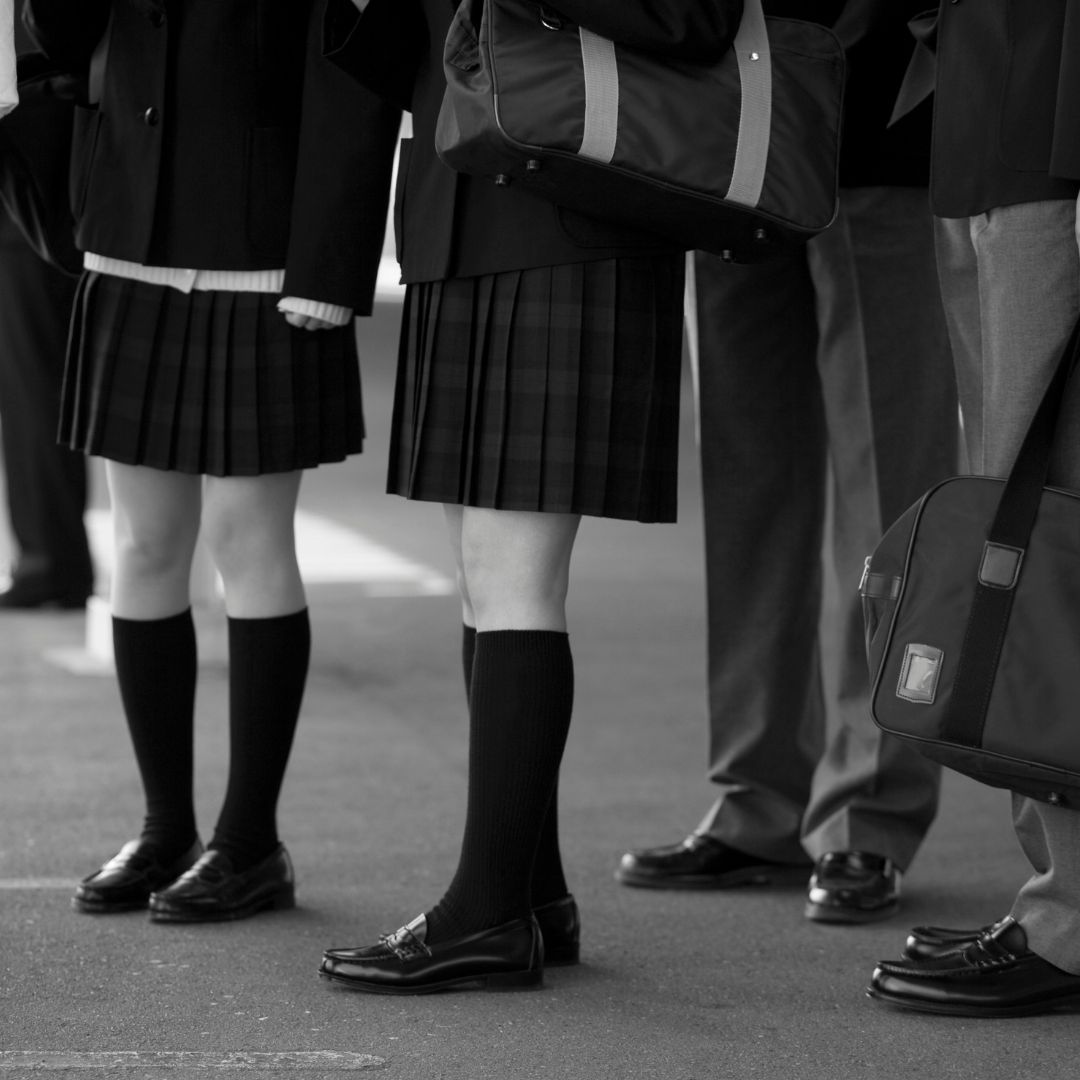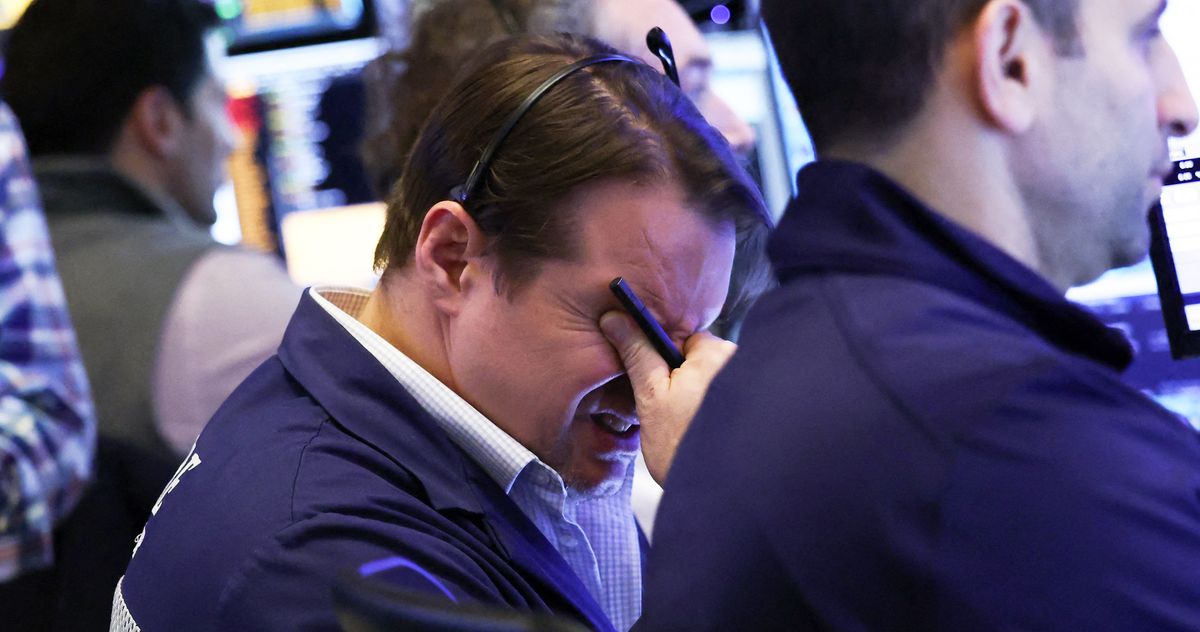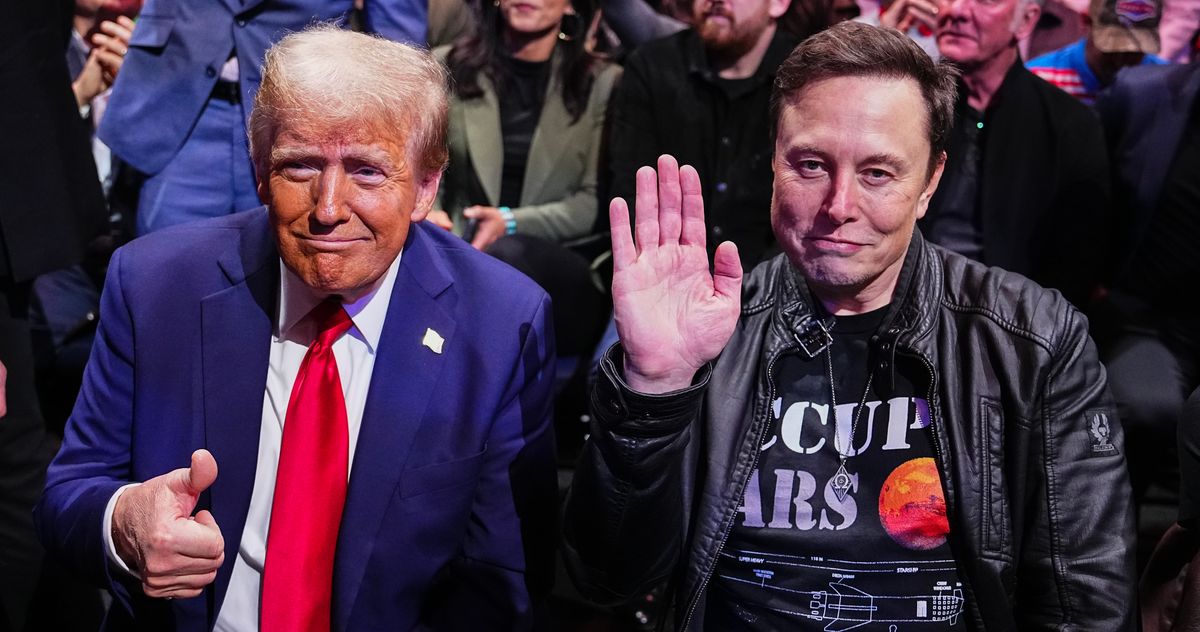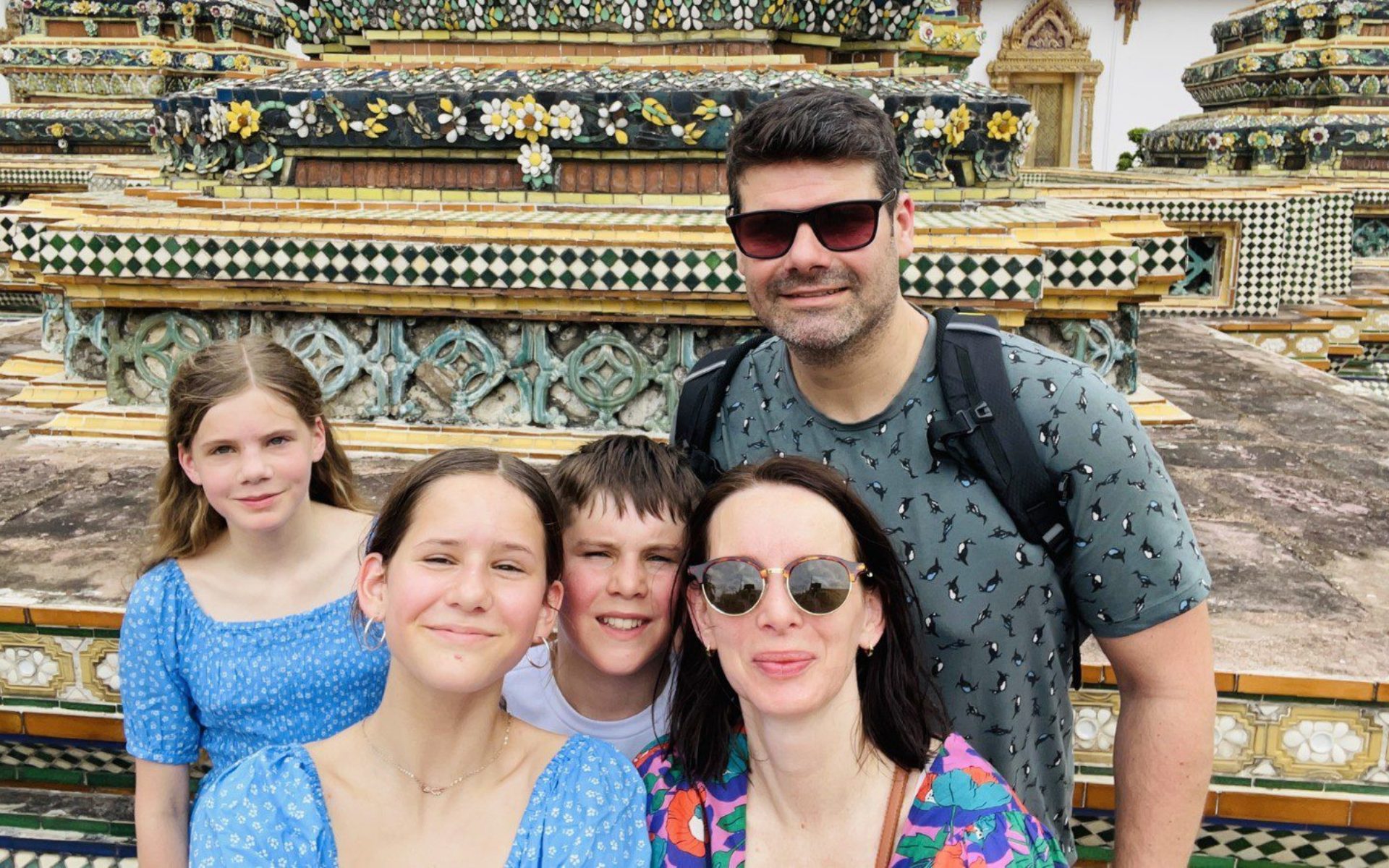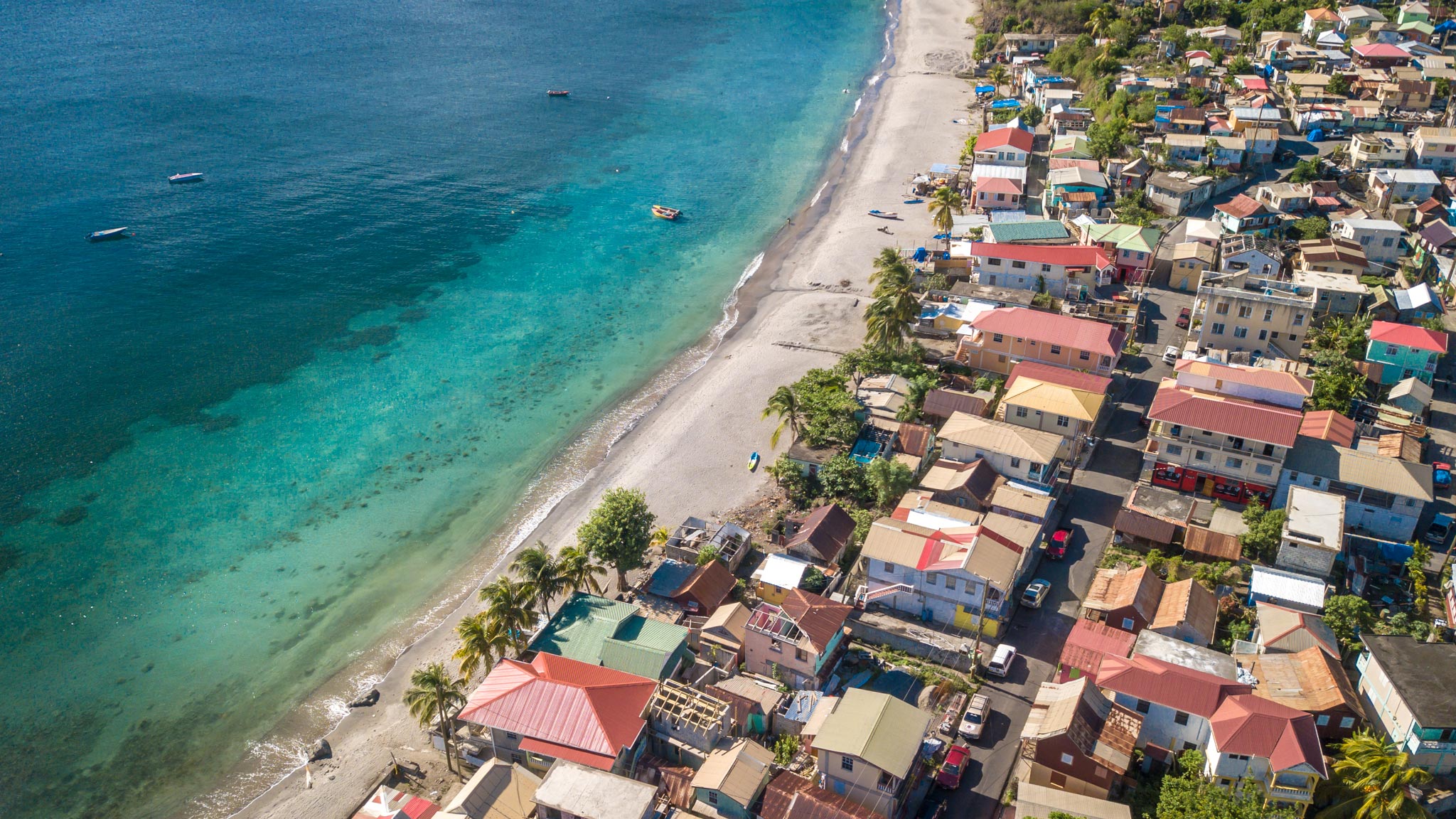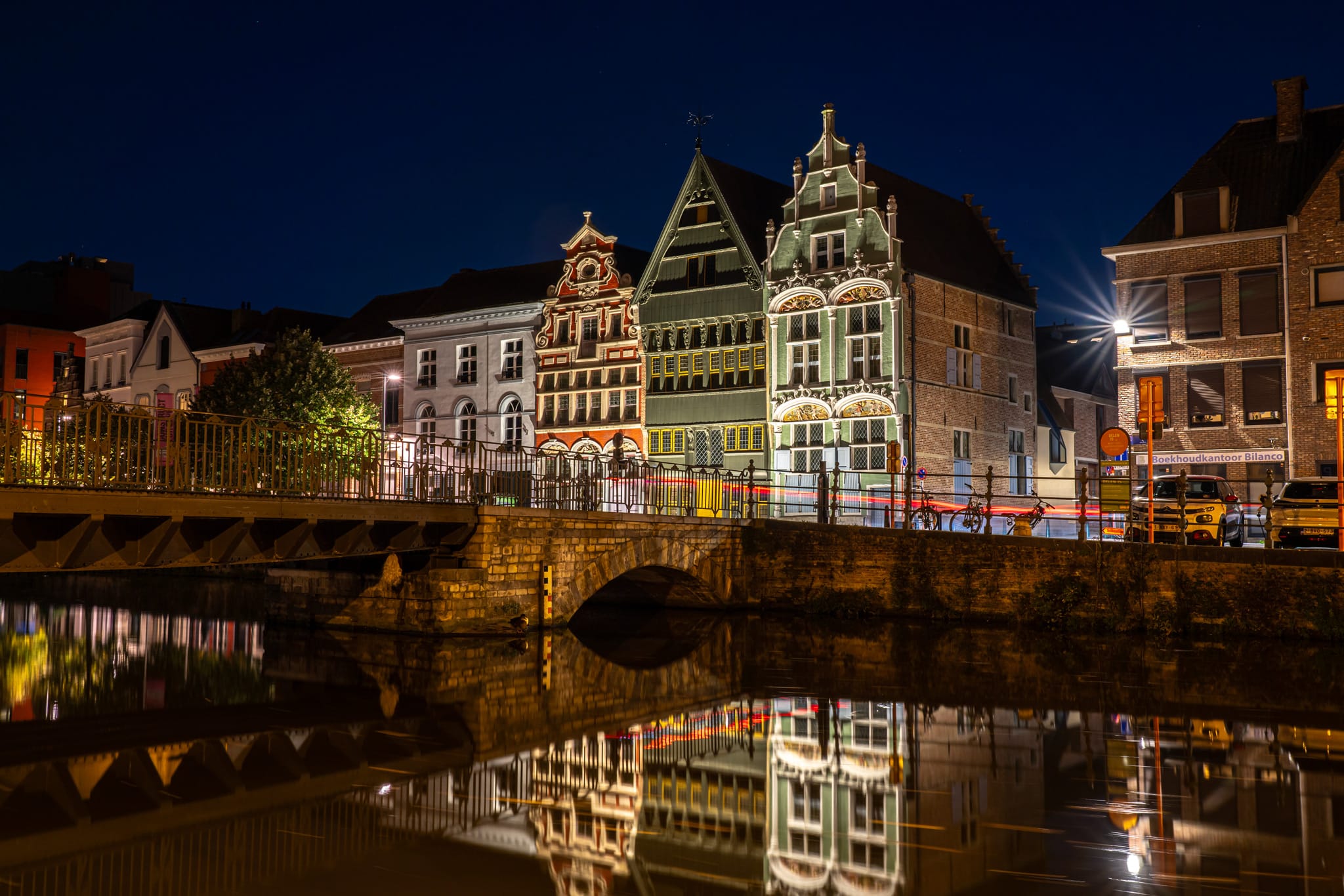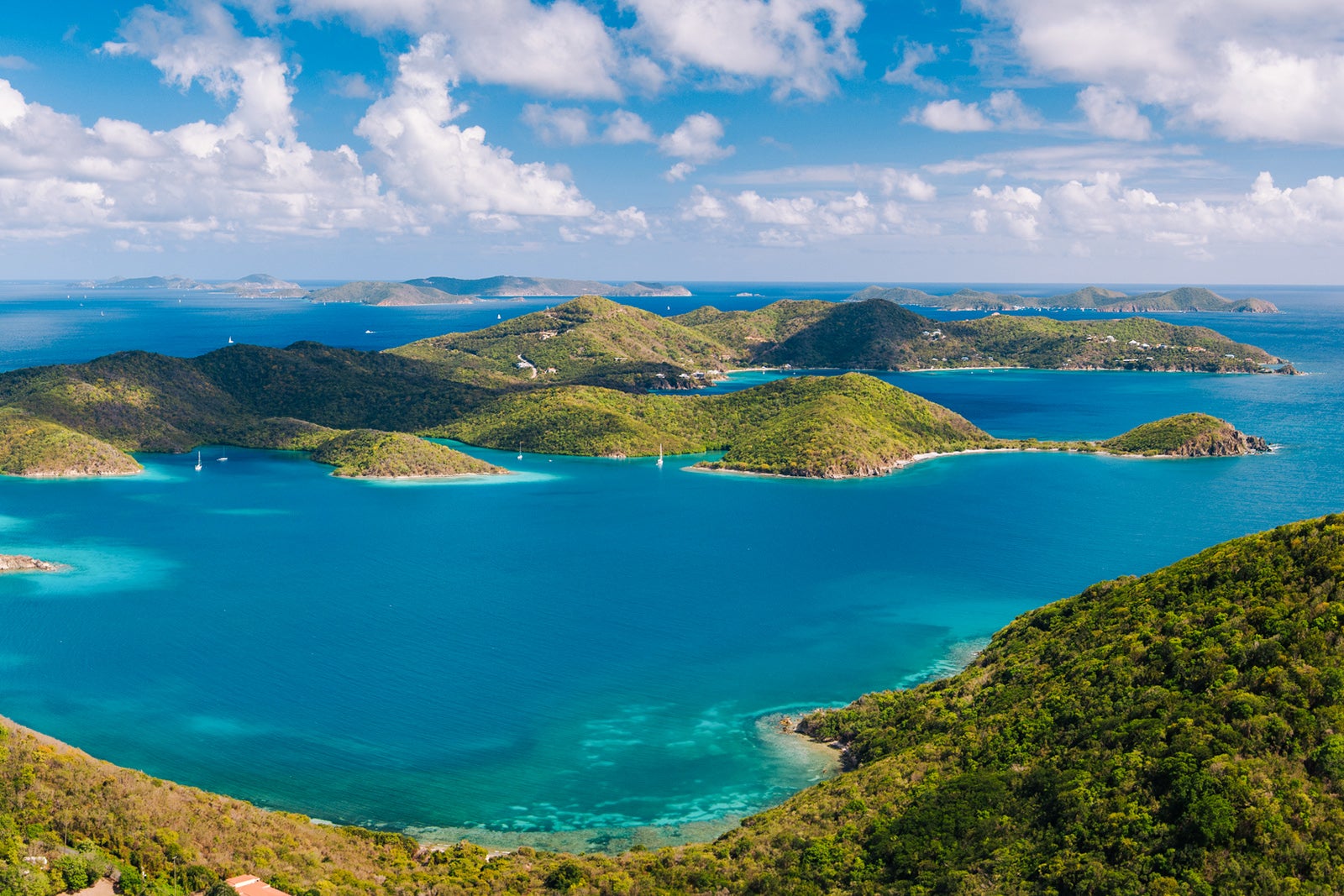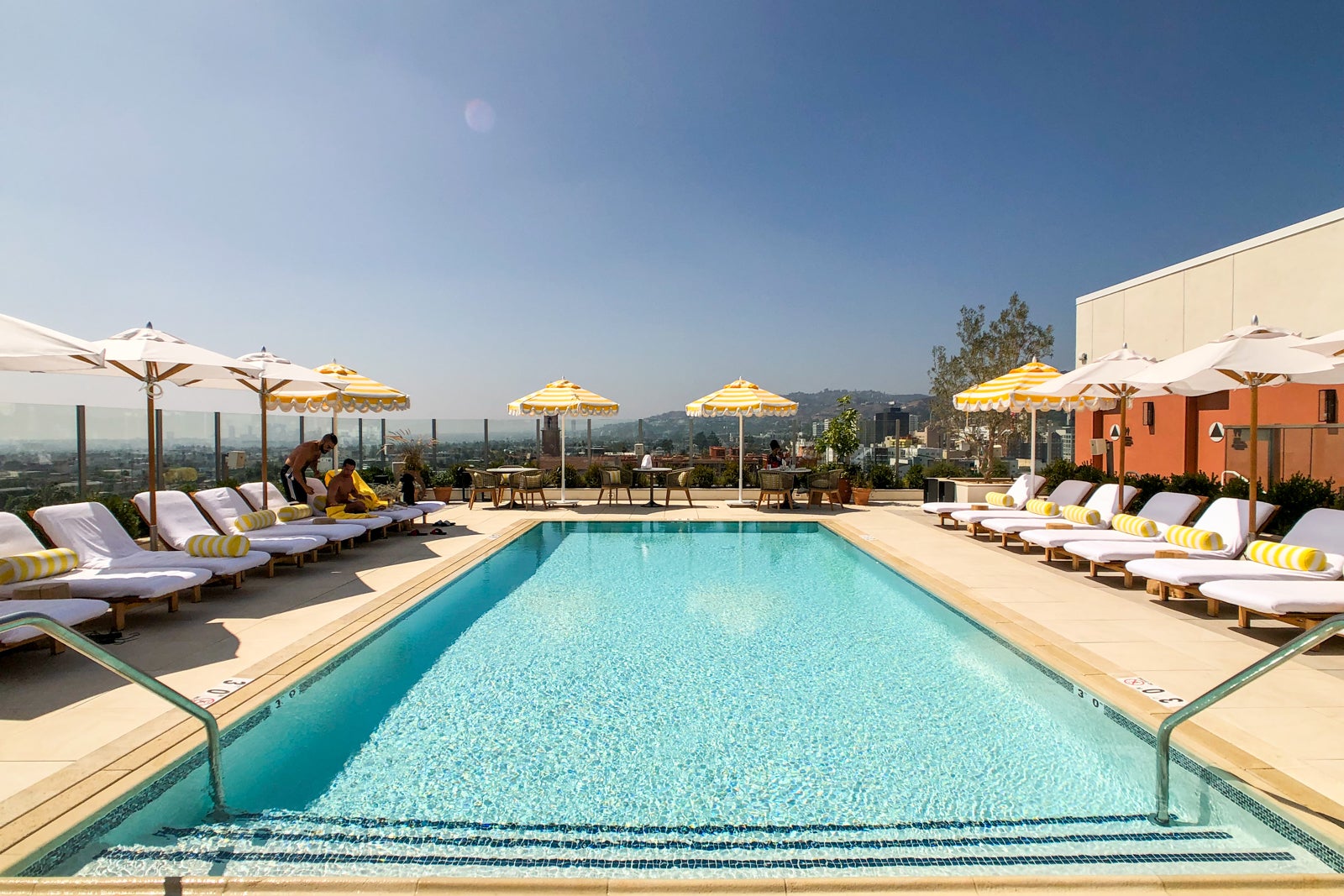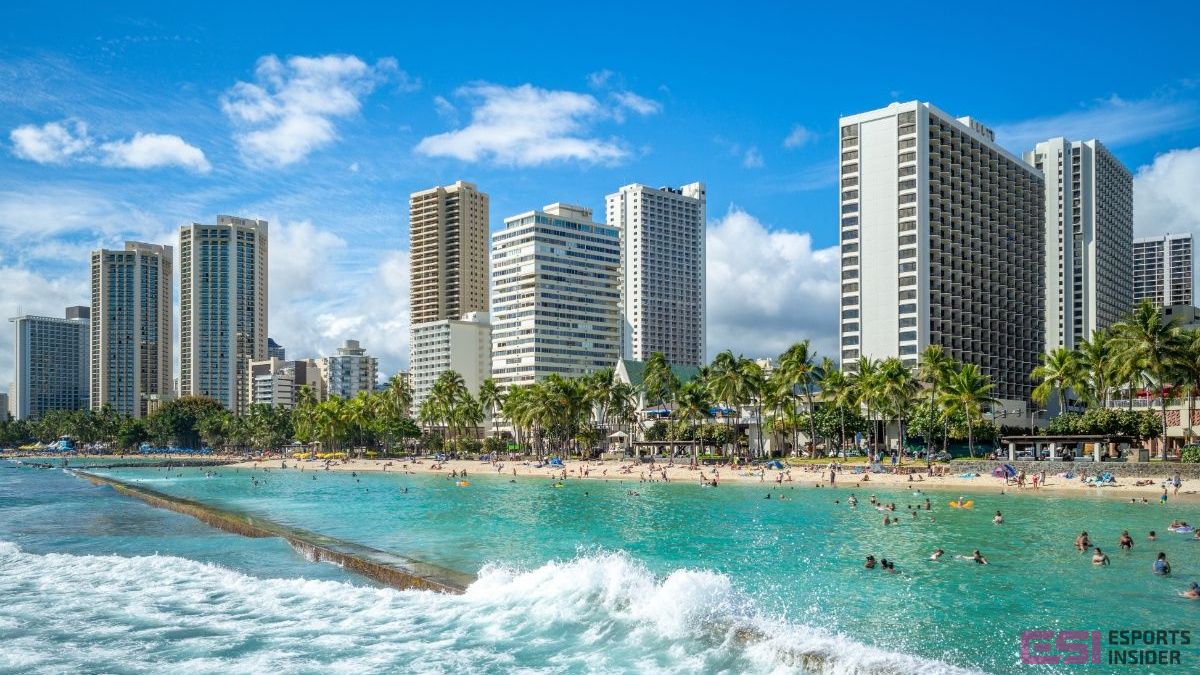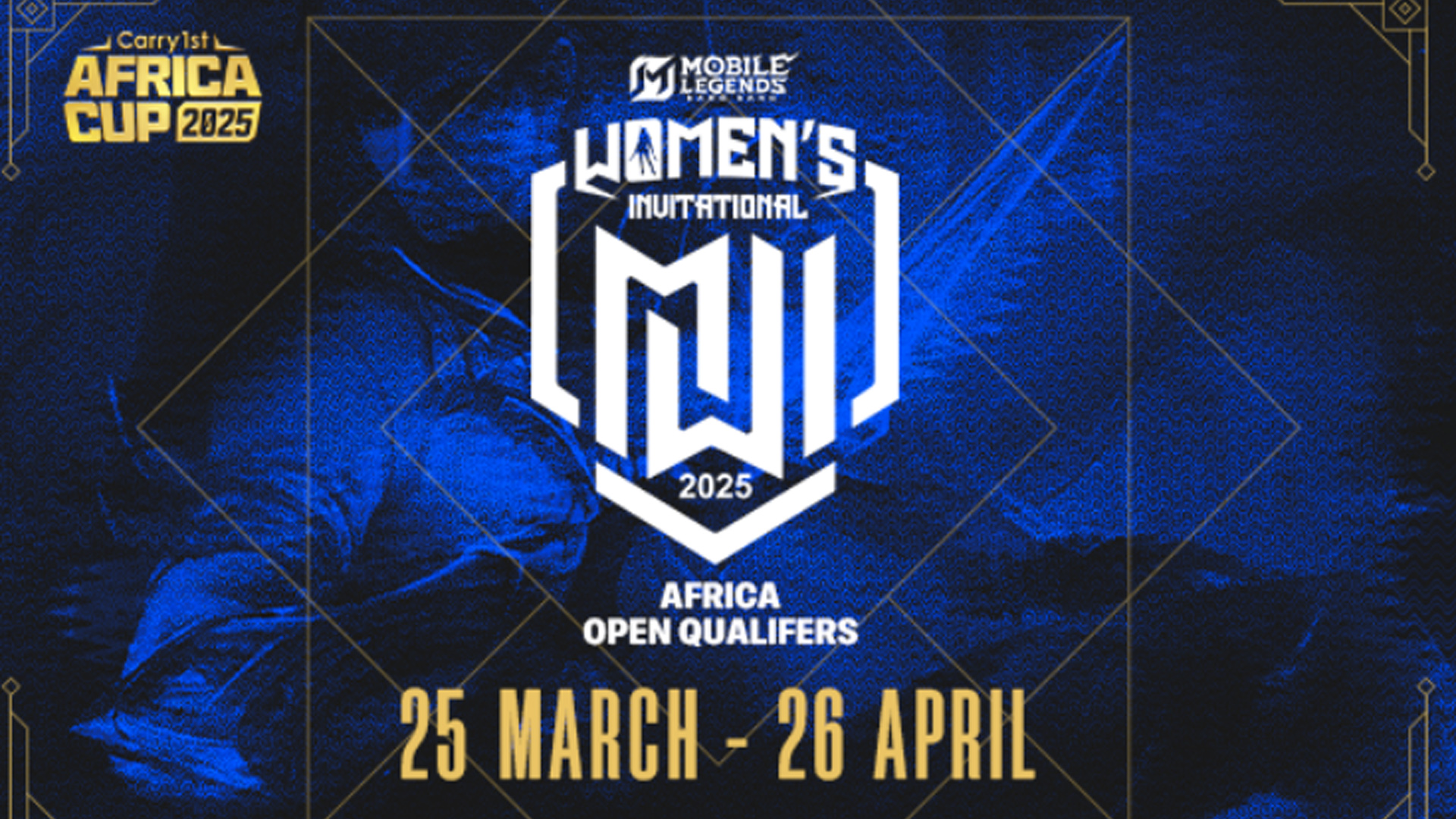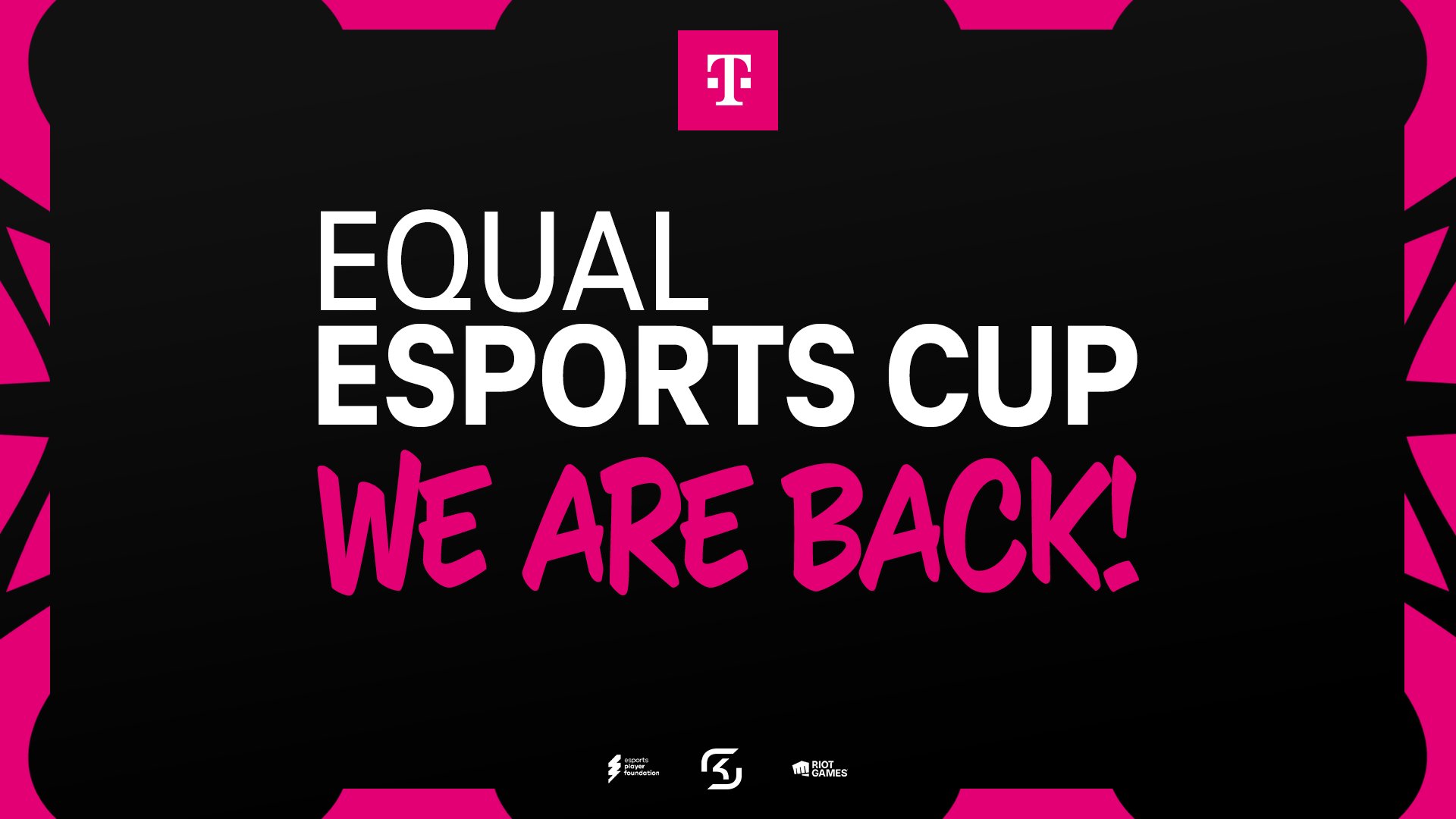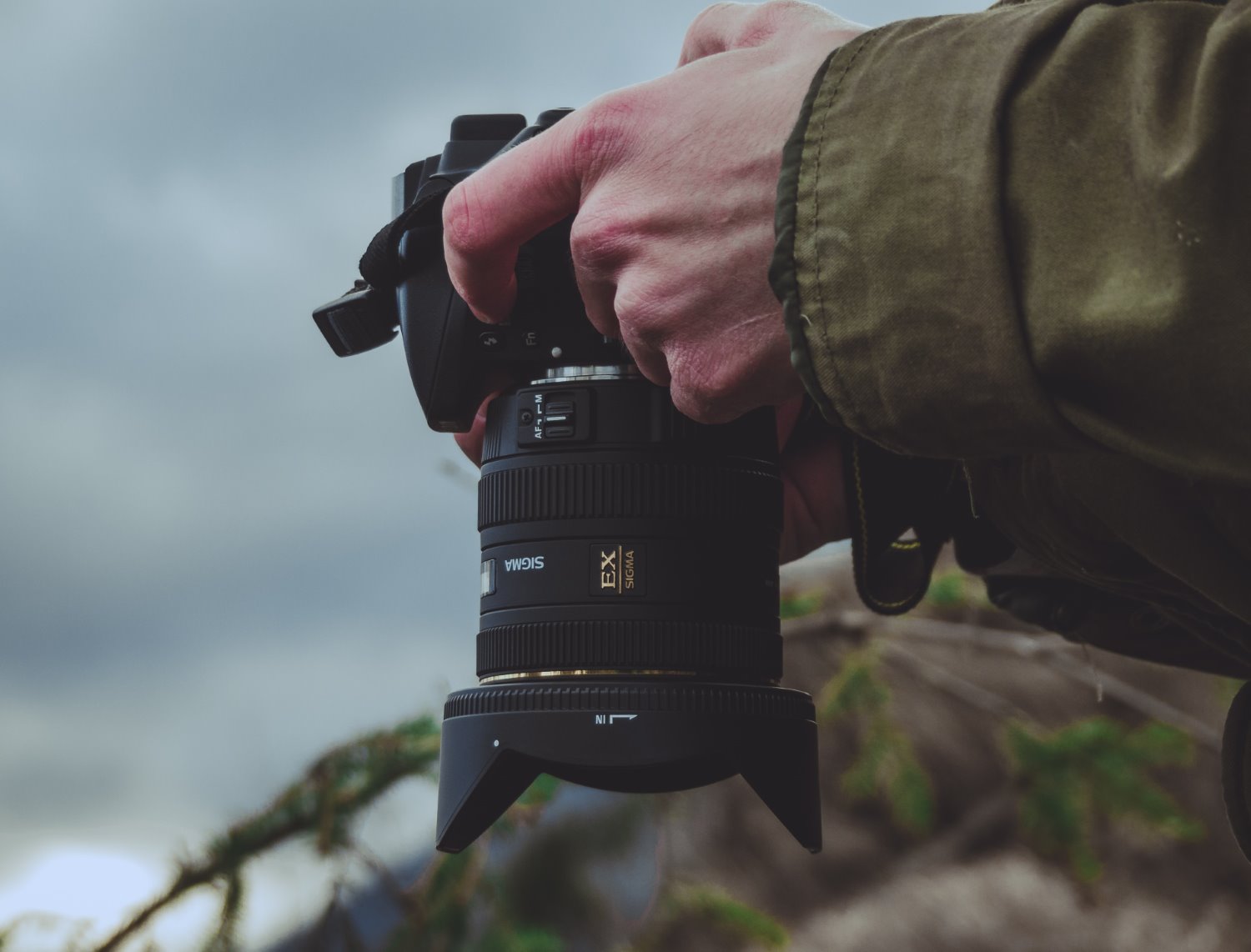Maine introduces internet gaming bill to ‘create opportunity’ for Wananaki Nations
Maine legislature. Image credit: Maine Morning Star A Maine internet gaming bill has been introduced, with supporters arguing it will create opportunities for the Wabanaki Nations. First introduced on March 20th, House Bill 1164 would authorise internet gaming and ancillary activities in the state, provided necessary licenses are acquired. Maine Internet Gaming Bill Supported By … Continued The post Maine introduces internet gaming bill to ‘create opportunity’ for Wananaki Nations appeared first on Esports Insider.
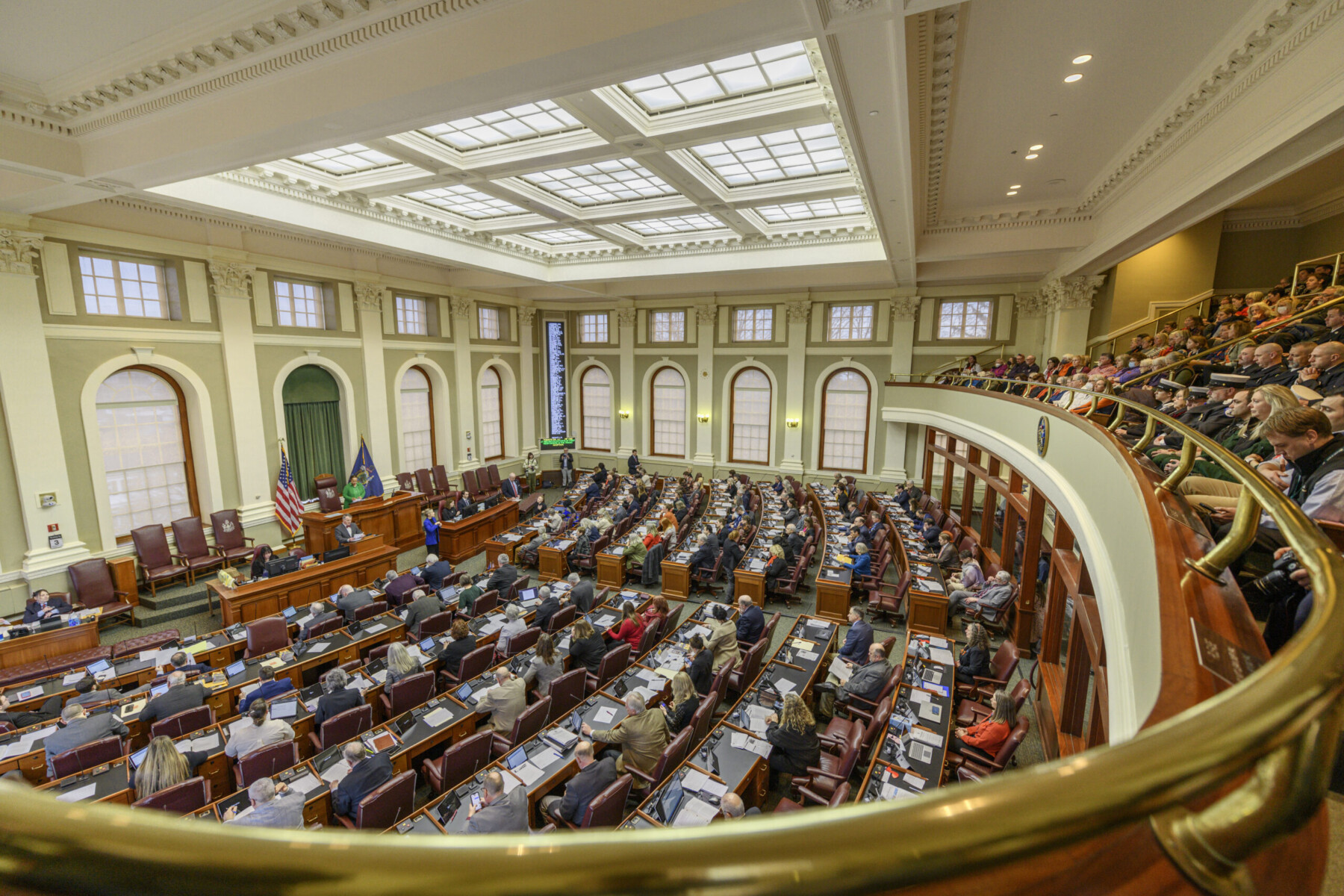
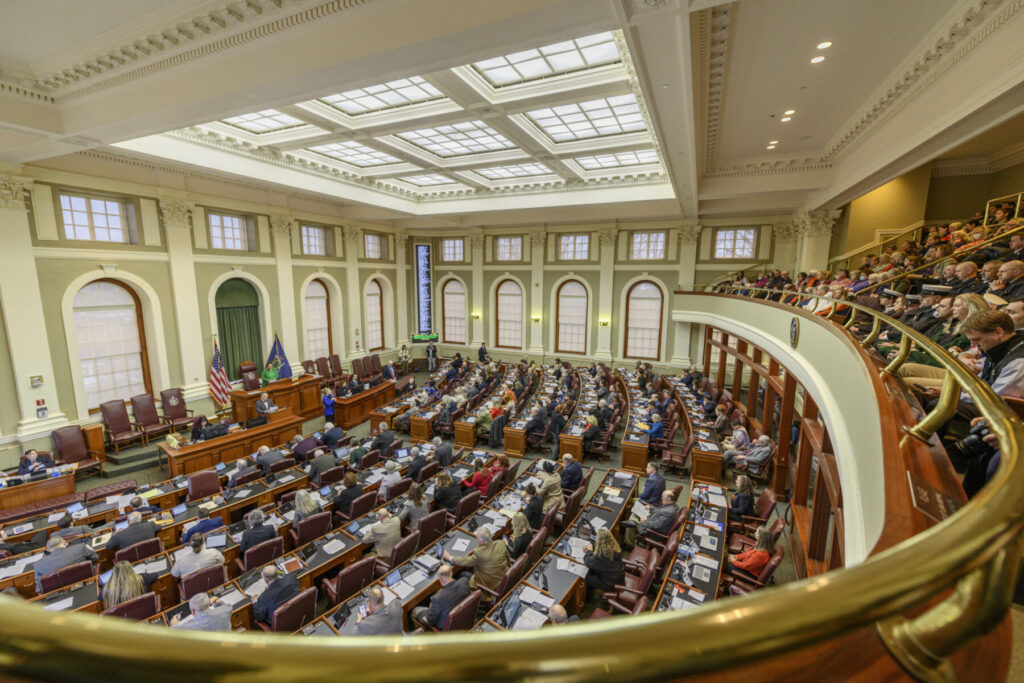
A Maine internet gaming bill has been introduced, with supporters arguing it will create opportunities for the Wabanaki Nations.
First introduced on March 20th, House Bill 1164 would authorise internet gaming and ancillary activities in the state, provided necessary licenses are acquired.
Maine Internet Gaming Bill Supported By Industry And Tribal Leaders
A number of figures within the iGaming industry have testified in favour of the Maine internet gaming bill.
One of these figures is Joseph Tyrell, Regional Vice President for Government Relations at Caesars Entertainment.
He said: “Today we stand united with the Wabanaki Nations in support of LD 1164. This
legislation is a responsible path to create economic opportunity for Maine’s federally
recognised tribal nations through a strong state regulatory framework under the
Gambling Control Unit.
“A well-regulated internet gaming market will provide new revenues for Maine and the
Wabanaki Nations.”
Also in favour of the bill is Matt Scalf, government affairs manager at DraftKings.
“Regulating online gaming provides new revenue for the state and other stakeholders while setting consumer protections and regulating an illegal activity that is flourishing across the country,” said Scalf.
He added: “States that adopt a reasonable tax rate, like Connecticut currently at 18%, see positive revenue trends while creating a market well suited to eradicate the illegal market. Legalisation of online gaming creates an opportunity to open new doors and fund important legislative priorities.”

Moreover, tribal leader Pos Basset argues legalising internet gaming in Maine would simply mean regulating a practice that is already widespread, allowing for tax and revenue to be kept within the state.
He said: “This isn’t about hurting the casinos though this is about regulating an activity that’s
already happening away from Bangor and Oxford casinos.
“This is already happening on people’s phones. Why not use the existing activity to benefit state and tribal governments?”
Opponents Express Concerns At Maine Internet Gaming Bill
But while there is plenty of support for House Bill 1164, critics have a number of reservations.
Steve Silver, Chair of the Maine Gambling Control Board, believes that while iGaming should be legalised in Maine, the tax rates proposed by this bill are too favourable to operators.
He said: “It is my personal belief that adult Mainers should be free to enjoy legal, regulated gaming in all its forms.
“[But] using a 16% flat tax copied from sports wagering is a handout to iGaming operators at the expense of Maine citizens.”
Silver also pointed out that both Hollywood Casino and Oxford Casino would lose out under the proposal, with a huge negative impact.
“Cutting out Oxford and Hollywood Casinos entirely from offering iGaming is ill-advised in my opinion and creates a monopoly that is harmful to consumers and Maine workers employed by Oxford and Hollywood Casinos,” he added.
Another key concern was that raised by operator FanDuel, who would also be left out of the current proposals.

Speaking on behalf of FanDuel, as well as fellow operators Fanatics and BetMGM, Senior Manager Michael Ventre said: “We are concerned that it will not create the healthy, regulated market that we have seen in many other states.
“As written, this bill would mirror Maine’s existing online sports betting framework that has
limited the market to just two operators despite the ability to have up to four.”
With Caesar’s partnering with three of the four tribes in Maine, and DraftKings with the other, Ventre argued residents in Maine should be given more choice of operators.
“One operator currently has around 90% of the entirety of the state’s market share. The lack of legitimate choice for the consumer can encourage individuals to seek alternative methods outside of the regulated marketplace,” he added.
Religious And Medical Groups Oppose Maine iGaming Bill
Among the biggest opponents of the bill include religious groups and medical experts.
Speaking on behalf of the Maine Medical Association, Dr. Patty Hymanson pointed to the increased risk of gambling addiction if internet gaming is legalised in the state.
She said: “Since Michigan legalised online casino games and sports betting in 2021, calls to the
gambling addiction hotline have tripled. Two-thirds of these calls are from men, 30% in
their 30s, and 21% are in their 40s.
“If you feel that bringing internet casino gambling into Maine is the right thing to do, which I
do not, please be sure to find a funding source to identify and treat increased gambling
addiction.”
Meanwhile, Nick Adolphsen, Executive Director of the Christian Civic League of Maine, was also opposed to what he called a “deeply troubling proposal.”
He said: “This bill is more than a policy change—it’s a moral shift with devastating consequences for Maine families, especially our young men.
“Online gambling is a predator. It preys on isolation, boredom, and desperation—and our sons are the primary target.
“With no guardrails, young people and struggling families can lose everything—money, hope, even relationships—before anyone realises what’s happening.”
The post Maine introduces internet gaming bill to ‘create opportunity’ for Wananaki Nations appeared first on Esports Insider.




























